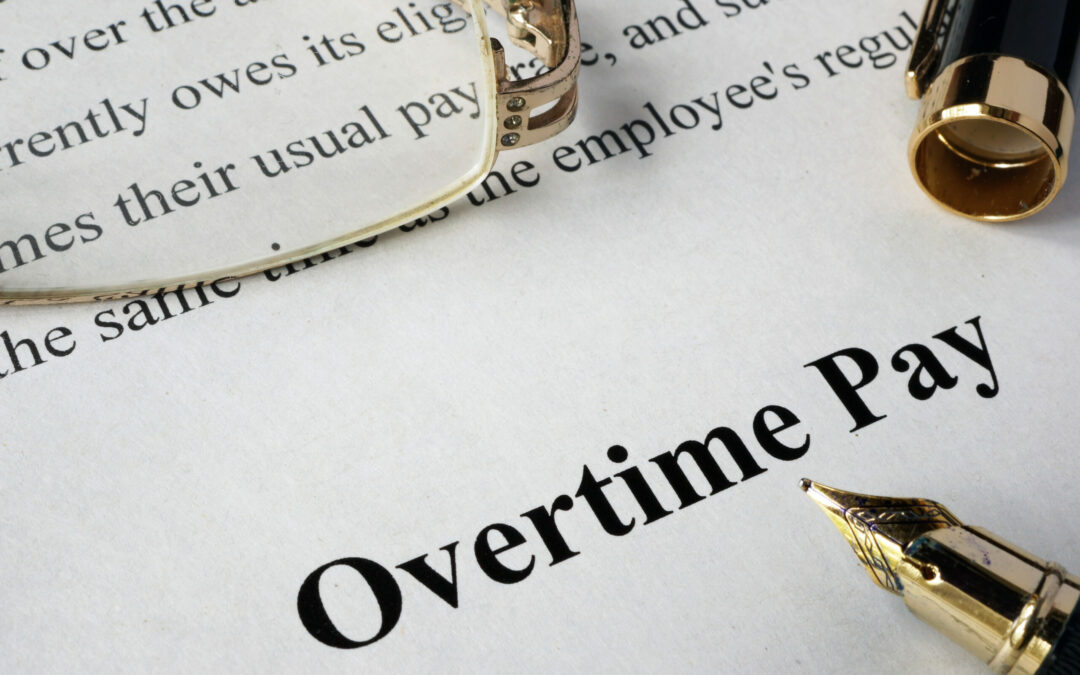
by Davis Business Law | May 29, 2025 | Blog, Business Agreements, Business Contracts, Employee Procedures, Human Resources
An employment contract outlines the terms and conditions of employment between an employer and an employee. It sets clear guidelines to prevent disputes and ensures both parties understand their rights and obligations. This article will guide you through key points in...

by Davis Business Law | Mar 6, 2025 | Blog, Business Law, Employee Procedures, Human Resources
Need an employee handbook that works? This guide will help you know what to put in a handbook that outlines key company policies, fosters a healthy workplace culture, and ensures legal compliance. We’ll explore essential elements, customization tips, and how to keep...

by Davis Business Law | Aug 8, 2024 | Blog, Business Law, Dispute Resolution, Employee Procedures
The Fair Labor Standards Act (FLSA) sets federal rules for minimum wage and overtime pay. If an employee sues your business over unpaid wages, understanding FLSA guidelines is crucial. This guide will explain how to navigate such claims and ensure compliance. And...

by Davis Business Law | Jan 25, 2024 | Blog, Employee Procedures, Legal Mistakes
Navigating worker classifications is essential for businesses to adhere to employment laws and avoid costly legal consequences, such as lawsuits, government investigations, and fines. Understanding the difference between an employee and an independent contractor is...

by Torro | Oct 21, 2022 | Blog, Employee Procedures, Human Resources
Perhaps you’re an employer paying an employee on a salary basis, rather than hourly. If that employee works more than 40 hours in a workweek, you don’t have to pay overtime simply because they are on salary, right? Wrong. Salary is only one part of the overtime...

by Torro | Aug 19, 2022 | Employee Procedures, Legally Protected Business, Policies and Procedures
Preparing policies and procedures can be some of the most tedious work. Because of this, they are frequently put off. In all areas ranging from human resources to operations to safety they can be incredibly helpful in protecting a company from suits, but ultimately,...







